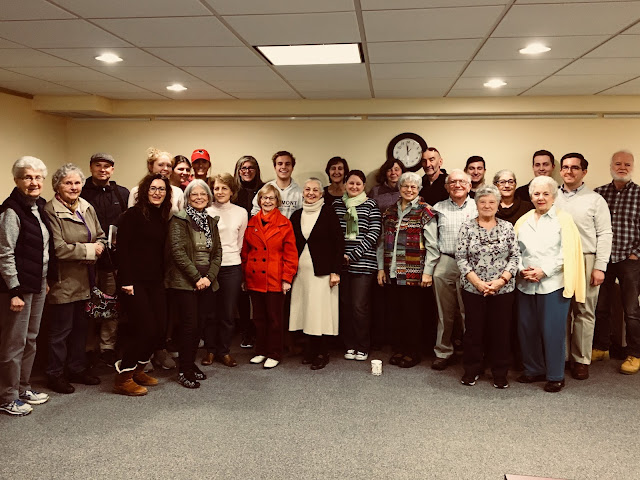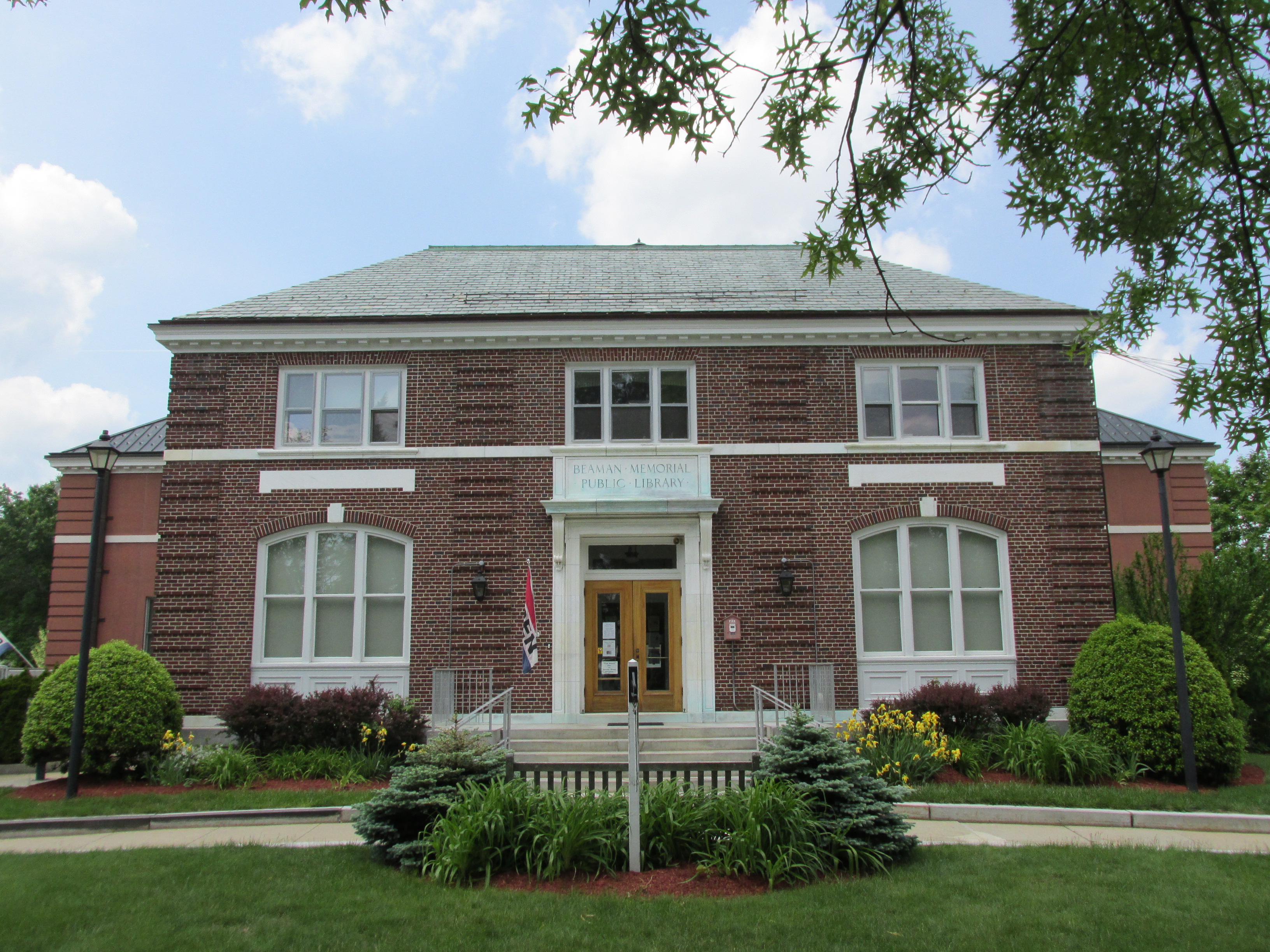With just two weeks to go, the deadline (3/12/18) for the CBL intern application is approaching quickly. Take a look at the CBL Intern webpage on the Donelan Office website to see specific responsibilities and qualifications for the CBL internship position. If you have looked there and still want to know a bit more, here are a few things to think about if you are still on the fence, working on your application, or have already submitted it:
Should I apply?
The CBL intern role is a unique experience of campus leadership, community development and personal growth. CBL interns have a variety of responsibilities, allowing students with many different interests to grow and to serve in diverse ways. As an intern, in addition to staying connected to a CBL site in Worcester, you can expect to lead discussions and reflections with current CBL students, to hold office hours and assist the Donelan Office staff with different tasks that may come up, to work on marketing for the Donelan office, organize events, and/or to help coordinate the Non-Profit Careers Conference and more. So, there is plenty of room for creativity and a diversity of talents and interests. While different interns’ responsibilities may vary, there are some consistent aspects of the role that you should consider when deciding whether or not to apply.
While discerning whether or not this might be a good role for you:
- Think about your leadership skills and style (What skills do I have? What skills do I want to build?)
- Think about your time commitment (Being an intern is a serious commitment and you want to be reasonable about your other commitments so as not to stretch yourself too thin and rob yourself of the depth available to you and to others in your experiences and relationships)
- Think about how you work in group settings (Much of the work interns do is done collaboratively with other interns, Michelle and Isabelle, community partners, professors, etc. What role do I play in group settings? Do I work well with others? Is that something I tend to find particularly challenging?)
- Think about why CBL (There are many opportunities for student leadership on campus, what about CBL specifically interests or excites you?)
- Think about what experiences thus far have prepared you for or led you to this position (What CBL courses have you taken? What have they meant to you? Have you had other related experiences? What have those meant to you?)
- Think about other experiences that you have had in class or in CBL (What have been your favorite classes? What have been the most challenging questions you have faced? What excites you or frustrates you about your CBL or other community engagement experience?)
- Think about how you wish to grow as a student and a person over the next year or several years (What role would being a CBL intern play in this, especially in relation to my other interests, goals, passions, etc.?)
- Think about your relationship to the Worcester community (Being a CBL intern allows you to engage in a unique way with the Worcester community. How do you see your role in relation to and/or as a part of the Worcester community? What would like that relationship/role to look like?).
Come by the office or reach out to any of the current interns to discuss the application process. We love talking with CBL students or other students interested in this work. So, please reach out to any of us to talk about the process, our roles now or any other questions you might have. The current interns have office hours throughout the week which are posted on Isabelle’s door (Smith 334), so come by and see us!
What is the process like?
Application Due March 12: First, you will complete the application which is available here (https://www.holycross.edu/engaged-learning/donelan-office-community-based-learning/community-based-learning-students/communi-0). It is extremely important that you take time to reflect and to thoughtfully complete the application questions. Donelan Office staff and interns want to be able to see that you have put time and careful attention into your application. Also, make sure your resume is up to date and all of your relevant experiences are highlighted (even think about stopping by Career Development to review your resume if you have not yet done so). It can be stressful to reflect and to have to write responses to questions like those on the application in the middle of midterms, spring break, etc. So, ask a trusted friend or professor to look over your application to tell you their thoughts before you submit it; or, bring it into the Writer’s Workshop. Do not be afraid to use the resources available to you to support you and to help ease that stress a little bit!
Interviews (March 26th -April4th): After submitting the written application, you will hear back from the office whether or not you will be interviewed for the position. Please, remember that there are often many more qualified applications than there are open spaces. If you are not selected for an interview, it does not mean you are not qualified. Do not forget that there are still many ways for you to continue to be involved on campus and in the community and you can feel free to stop by the office or reach out to other faculty and student leaders on campus to discuss those opportunities.
If you are selected for an interview, know that that itself is an accomplishment. You will receive an email to schedule an interview with the office. When you arrive for your interview, you will meet briefly with Michelle Sterk Barrett, the Director of the Donelan Office, and then you will meet with Isabelle Jenkins, the Associate Director of the Donelan Office, and one to two current CBL interns. Be prepared to discuss your application and to articulate once again why you would like to be a CBL intern and how you feel you would contribute to the program.
Interviewing can be intimidating, but this is an important part of the process and also a really amazing opportunity to hone your interview skills for future interviews you may have to do. Most importantly, be authentic and thoughtful in your answers. During the interview, the staff and interns are trying to get to know you better, so it is important to be professional and to take the time seriously, but take comfort in knowing that you mostly need to be yourself in that time.
Decisions (to be announced by April 18th): After the interviews are completed, the Donelan Office Staff and current interns will read through the application materials from each of the candidates and make final decisions as a group. After that, all candidates will be notified with decision letters (sent via email and campus mail). Once again, if you are not selected, it can be difficult not to be discouraged, but please know that going through the entire process proves a great deal about your abilities and qualifications. You can apply again in the future if you are not a rising senior. Additionally, there are other incredible opportunities to get involved with social justice, community engagement, and non-profit contacts on campus. Continue to take courses that excite you and enable you to engage these questions; and, take advantage of opportunities on and off campus to continue to grow and to challenge yourself.




